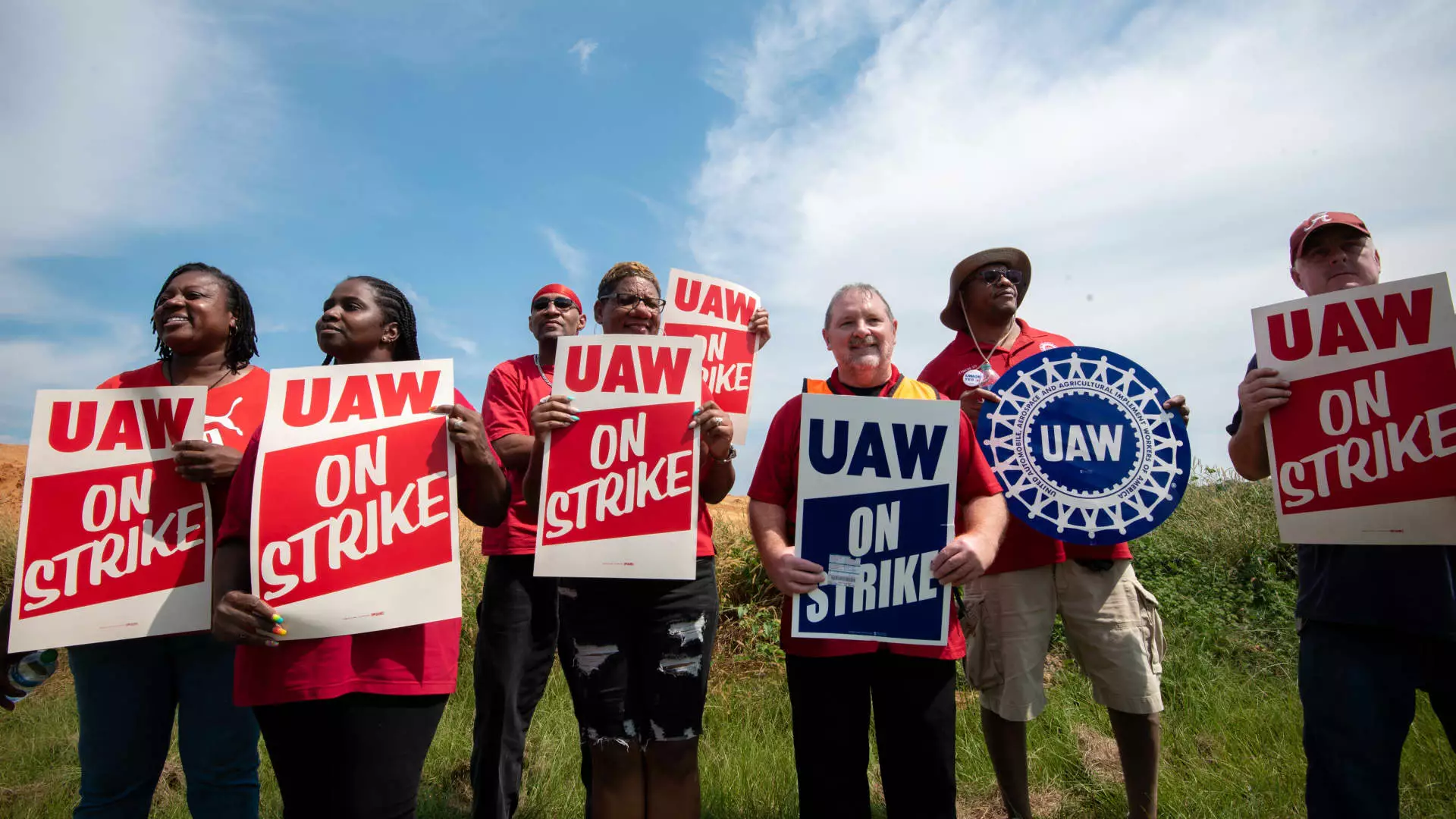The recent vote by Mercedes-Benz workers in Alabama against union representation by the United Auto Workers has dealt a significant blow to the UAW’s organizing efforts. Despite the UAW’s success in winning an organizing drive at a Volkswagen plant in Tennessee, the majority of Mercedes-Benz workers voted against unionization, with 56% of the vote going against the UAW.
It is worth noting that the voter turnout for the election was impressive, with more than 90% of eligible workers participating in the process. The National Labor Relations Board oversaw the election, with 51 challenged ballots and five void ballots. Although these numbers were not determinative to the election outcome, they reflect the level of engagement among the workforce.
Implications for UAW
The loss at Mercedes-Benz is expected to impact the UAW’s ongoing organizing efforts, which encompass 13 non-union automakers in the United States. The UAW had recently secured favorable contracts with major Detroit automakers, including Ford Motor, General Motors, and Stellantis, which included significant wage increases and other benefits. The rejection of union representation at Mercedes-Benz signifies a setback for the UAW’s ambitious plans.
Challenges Faced by the Union
The organizing drive at Mercedes-Benz was anticipated to be challenging, particularly when compared to the success the UAW had at the Volkswagen plant in Tennessee. Workers at the Tuscaloosa plant have a long history of production, having manufactured over 4 million vehicles since its establishment in 1997. The plant currently produces a variety of vehicles, including gas-powered and all-electric models.
The National Labor Relations Board has been investigating multiple unfair labor practice charges filed by the UAW against automakers, including Mercedes-Benz. The charges against Mercedes-Benz include allegations of disciplining employees for discussing unionization, prohibiting the distribution of union materials, surveilling employees, and other anti-union behaviors. Similar charges have been filed against other automakers by the UAW.
The rejection of union representation by Mercedes-Benz workers in Alabama has wider implications for the UAW’s organizing efforts and the labor landscape in the automotive industry. The outcome of the election underscores the challenges faced by unions in gaining traction among workers and highlights the ongoing tensions between labor and management in the auto sector.

